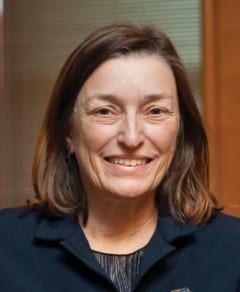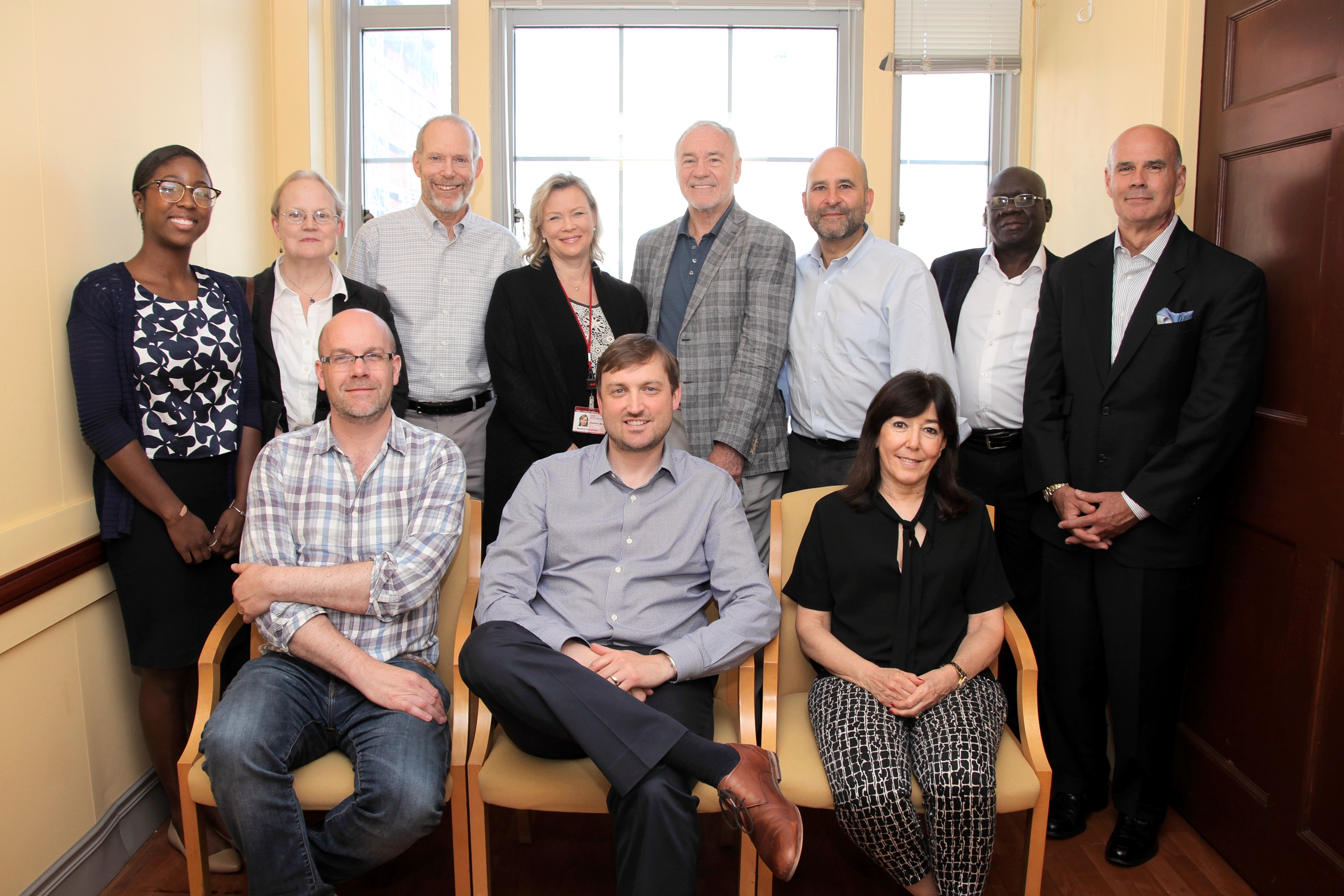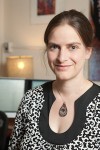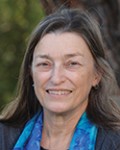Anthony Burrow, Professor in the Department of Human Development and co-director of the Bronfenbrenner Center for Translational Research’s Program for Research on Youth Development and Engagement (PRYDE), was interviewed for the podcast "Extension Out Loud." The podcast, along with podcasts of other HD faculty, can be found on the HD Today e-NEWS Soundcloud webpage - click here. Read more below about how PRYDE supports 4-H programs and contributes to positive youth development.
Cornell Chronicle, March 14, 2019
by R.J. Anderson
How can exploring identity and sense of purpose help young people get more out of programs such as 4-H?
In the latest episode of Cornell Cooperative Extension’s “Extension Out Loud” podcast, Anthony Burrow, associate professor of human development in the College of Human Ecology, shares his research on the benefits of helping youth think about long-term personal goals and self-identifying “their why” prior to introducing programming.
Burrow, co-director of the Bronfenbrenner Center for Translational Research’s Program for Research on Youth Development and Engagement (PRYDE), suggested that before program leaders kick off activities, they lead youth participants through a series of exercises designed to identify long-term goals and prompt them to examine their future selves. Tapping into this perspective can give programming more meaning and help youth stay focused.
A sense of purpose can also be a weapon against negative or overreactions in their daily lives.
“We’ve often thought of purpose as a sort of protection against negative experiences or stressors,” said Burrow, recipient of the 2019 Engaged Scholar Prize administered by the Office of Engagement Initiatives. “So on days when challenges happen or negative events or negative experiences happen, might having a sense of purpose help people react less negatively to those experiences?”
During the 33-minute episode, co-hosted by CCE staff members Katie Baildon and Paul Treadwell, Burrow covers an array of topics, including:
- The need to provide youth and adults with safe spaces where they can experiment with different identities to develop purpose, for which 4-H is a great vehicle, Burrow said.
- How Burrow’s lab has observed the benefits of social media and exploring how it can be a place where youth are exposed to ideas and experiences and can make observations that could not otherwise happen. In his research, Burrow finds having a sense of purpose in life can stave off heightened affective or emotional reactivity to something as simple receiving (or not receiving) a thumbs-up on a social media selfie.
- How while there is a lot of wonderful development happening through programs and clubs, particularly 4‑H, delivery of those programs and the impacts they are having often go understudied or unexamined. “There’s this gap between the research that’s relevant to youth and the good work that’s happening in communities,” he said. “PRYDE was born out of an attempt to create some infrastructure to bring these two crowds together.”
Full episodes of “Extension Out Loud,” including descriptions and transcripts of each episode, can be found online. Episodes can also be streamed on iTunes and SoundCloud.
R.J. Anderson is a writer/communications specialist with Cornell Cooperative Extension.


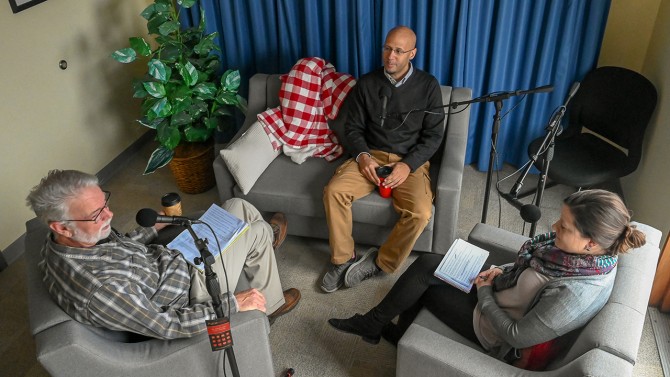




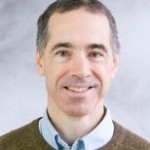
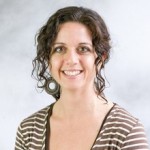 Three of
Three of 